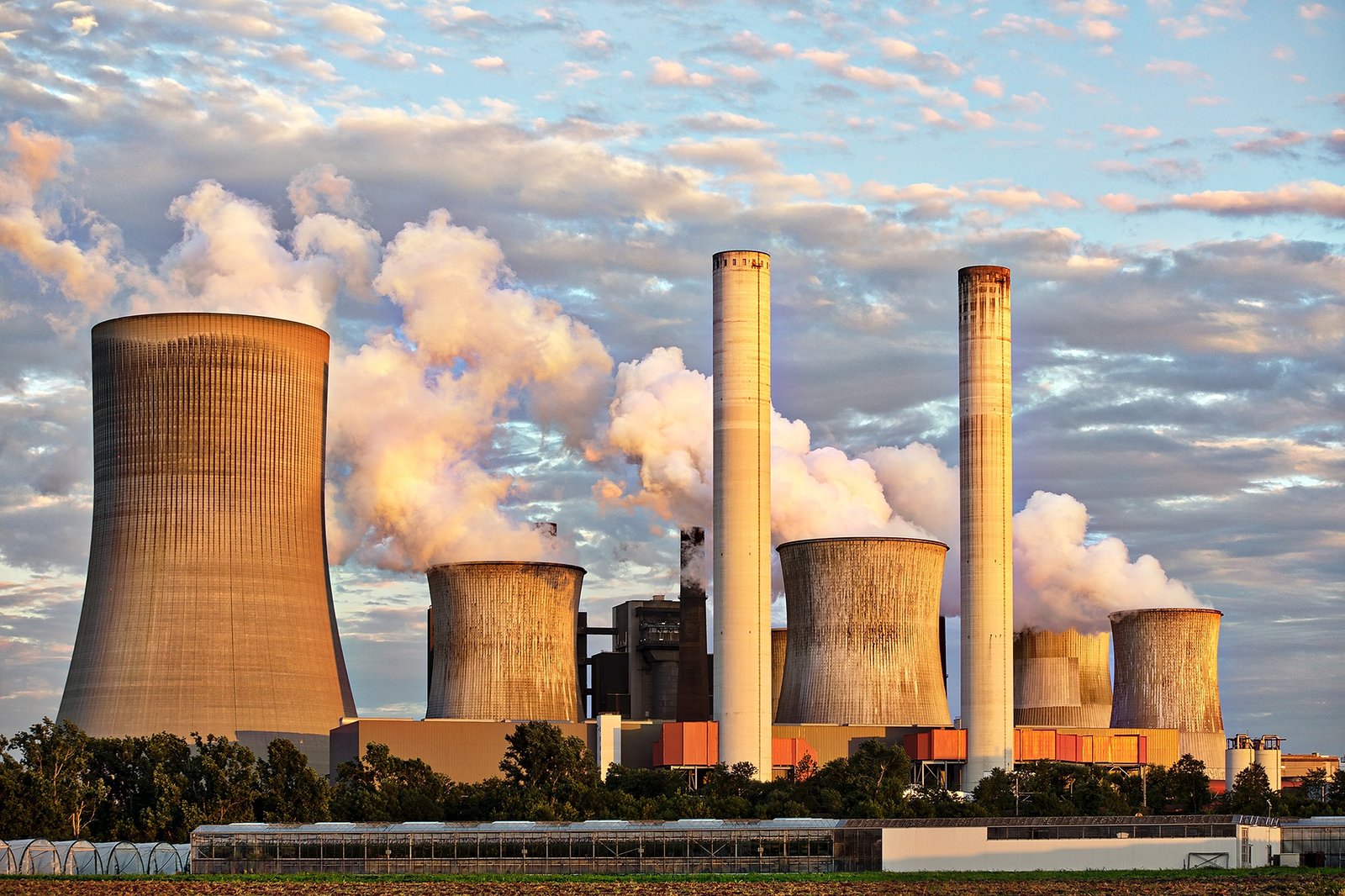
An agreement has been signed with Iberdrola, a company that is operating the Bodangora windfarm in New South Wales, that gives the port large-scale generation certificates linked to the windfarm.
Craig Carmody, the Port of Newcastle’s CEO, said the having the title of the world’s largest coal port “isn’t as wonderful as it used to be,” and that change was needed to avoid what happened in Newcastle when the steel industry shut down. He has said that he would rather do this now, when they have control over their future, when they have money coming in, rather than when their revenue has gone down and no one will give them money. South Australia, which has shown to be powered by 100% renewable energy on some days, is an example of how governments should encourage a “rapid advance in the uptake of renewables.”
Carmody said that as a “open access port,” the business couldn’t decline traffic except in very specific cases. He hoped that by showing that the company was open to change would encourage its employees and other people to do the same.
Camrody states that “In some ways it doesn’t matter what the policies of government are, equities and debt markets, they’re making the decision for us,”
Negative energy prices
This comes as Dylan McConnell, a research fellow at the University of Melbourne’s Climate and Energy College, says that renewable energy made up almost a third of all electricity produced in the national electricity market.
Electricity from coal dropped 5.9% in the last three months of 2021. There was a lot of growth in both rooftop and utility solar over the same period, growing a whopping 26%. Wind’s share only had a modest 6.4% growth during the same period. It has been a trend over the past years that Solar is reducing the consumption of coal quite significantly. r
McConnell said that the power prices in Victoria and South Australia had on average been negative during the whole quarter.
McConnell mentioned that “It’s a sign of the time that we’re getting negative prices on average,”. He also went on to say that “Coal’s being hollowed out in the middle of the day and that’s also what’s affecting their bottom line as well, as that’s when you’re having negative prices quite consistently.”



